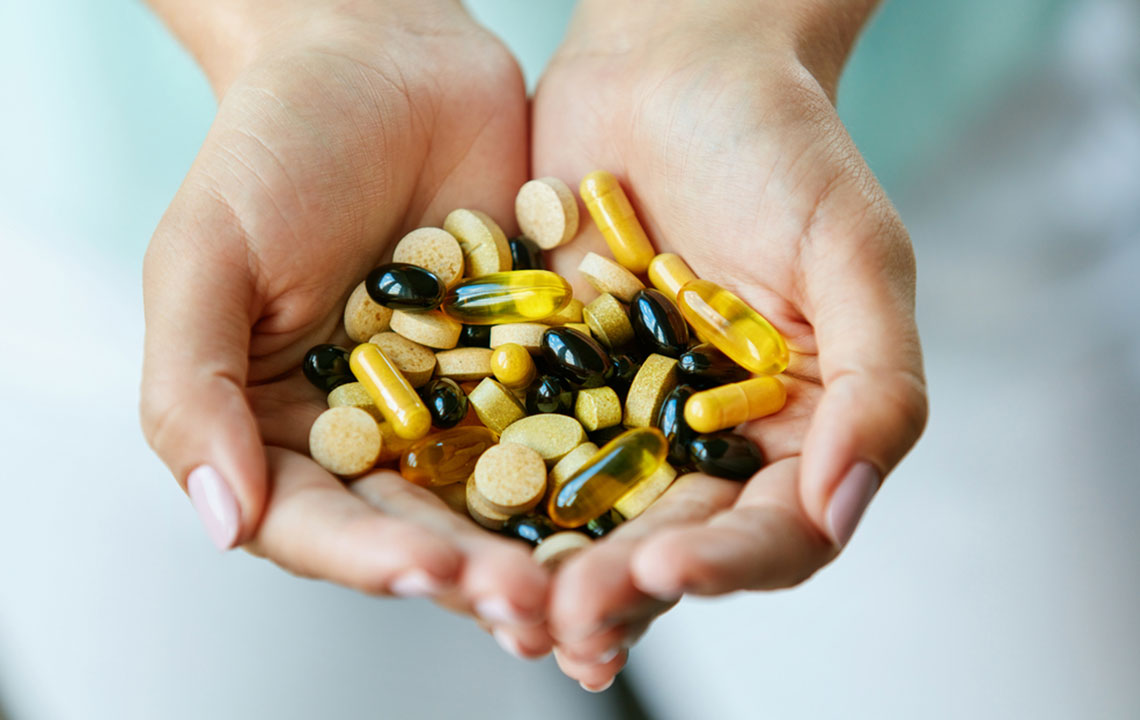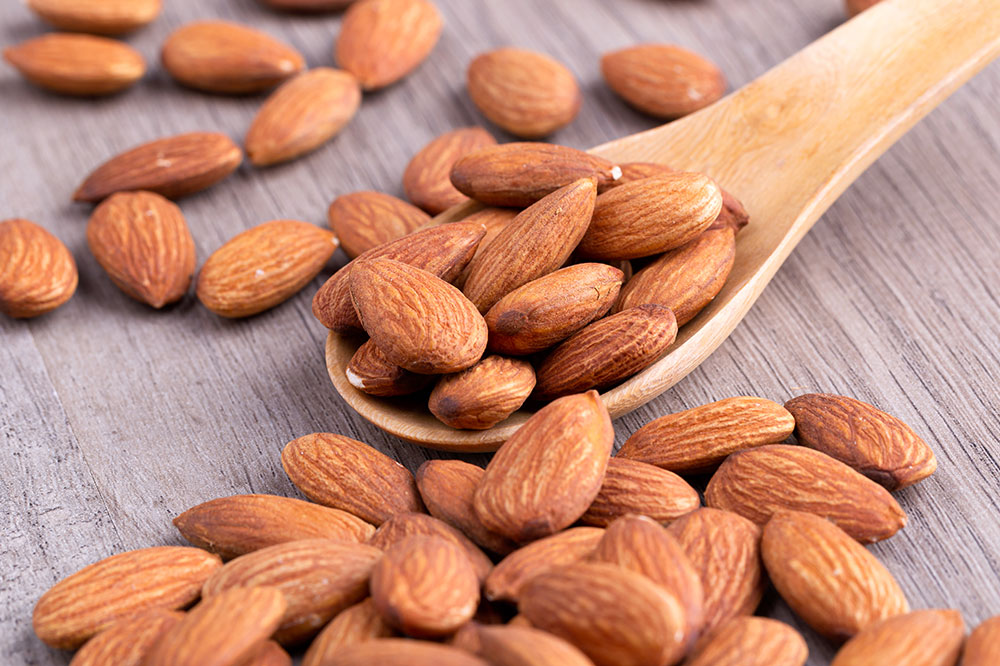Key Nutrients to Prevent Leg Cramping
Discover essential nutrients like magnesium, calcium, potassium, and vitamins B and D that help prevent leg cramps. Incorporate dietary sources and supplements to maintain muscle strength and avoid sudden, painful contractions. A balanced diet combined with regular activity ensures long-term muscle health and cramp prevention.
Sponsored

Leg cramps can strike unexpectedly, causing intense pain and muscle tightening. Athletes and active individuals often experience these involuntary muscle contractions, especially in the calves. The condition can affect anyone, even during simple activities like walking or jogging. Medical explanations point to muscle and nerve weaknesses as underlying causes. While immediate relief is possible through medical treatment, consistent intake of specific supplements can provide long-term prevention by addressing nutritional deficiencies.
Understanding the root causes of muscle weakness is essential. Deficiencies in certain minerals and vitamins, such as calcium, magnesium, potassium, and vitamin B and D, are linked to increased cramps. To maintain optimal muscle function and prevent future episodes, focus on dietary sources like leafy greens, nuts, bananas, dairy, and fortified foods. Supplements enriched with these nutrients can complement your diet, ensuring muscles remain strong. Regular exercise combined with proper nutrition is vital for overall muscle health and cramp prevention.
Magnesium and Its Role
Magnesium is a vital electrolyte that balances body fluids and supports muscle function. Low magnesium levels often contribute to cramps. Incorporate magnesium-rich foods such as spinach, beans, almonds, and cashews into your diet. When considering supplements, check labels for appropriate magnesium content to effectively support your muscle health.
Sources of Potassium and Calcium
Calcium and potassium are crucial for nerve and muscle activities. Dairy products like milk and yogurt, along with fruits such as bananas, are excellent sources. Vegetables like tomatoes and potatoes also contribute essential minerals. Consistently including these foods will help maintain healthy levels necessary to prevent cramps.
Vitamins B and D for Muscle Health
Vitamins B and D are essential for muscle development. B vitamins, especially B complex, are linked to reduced cramp occurrence. Good sources include meat, eggs, green vegetables, and whole grains. Vitamin D, obtained via sunlight exposure, fish, or fortified foods, supports muscle function. Deficiencies can be corrected with supplements prescribed by healthcare providers. Maintaining adequate levels of these vitamins is vital for avoiding leg cramps.
To prevent leg cramps, combine balanced nutrition with regular exercise. Supplements can help address deficiencies, but should complement a healthy diet. Staying active and well-nourished is the key to muscle health and cramp prevention.






